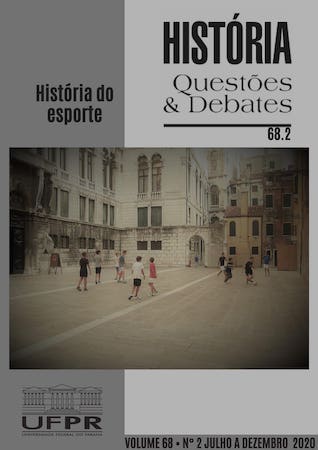Mudanças nas atitudes estatais em relação à intervenção no esporte de elite, particularmente na sua disposição de investir na Loteria Nacional depois de 1996, fizeram com que a Grã-Bretanha subisse do trigésimo sexto lugar no ranking olímpico em 1996 para o segundo lugar em 2016. O envolvimento do governo marcou um ponto de virada para muitas tradições esportivas britânicas estabelecidas há muito tempo e este artigo se examina a influência significativa sobre essas tradições, a Associação Olímpica Britânica (BOA), e sua propagação do amadorismo, uma herança cultural intangível (ICH) gerada pelas elites culturais que formaram e subsequentemente controlaram o BOA. As elites culturais possuem a capacidade de moldar os valores sociais por meio da aplicação de seus próprios princípios e a criação de uma ICH é considerada aqui por meio de um estudo de caso que expõe as relações de poder que operam quando se considera o patrimônio como um processo de transmissão cultural. Os autores destacam o funcionamento de um círculo elitista, uma “elite do patrimônio cultural”, explorando nas análises como uma aristocracia esportiva usou seu poder cultural para impor sua própria visão hegemônica de como o esporte deve ser gerenciado e jogado, resultando em uma longa duração de ICH predicada sobre os princípios do amadorismo e a importância do voluntário. Este artigo baseia-se em vários arquivos, incluindo os registros BOA e do Centro de Estudos Olímpicos de Lausanne, buscando ilustrar o impacto dessa elite cultural de classe alta no desenvolvimento do esporte olímpico na Grã-Bretanha, bem como demonstrar como eles mantiveram o controle por quase um século antes que a racionalização burocrática reduzisse seu poder e influência, embora os autores também concluíssem que seu legado de interesses de classe ainda ressoa.
Palavras-chave: Patrimônio Cultural Imaterial; Amadorismo; Associação Olímpica Britânica.






